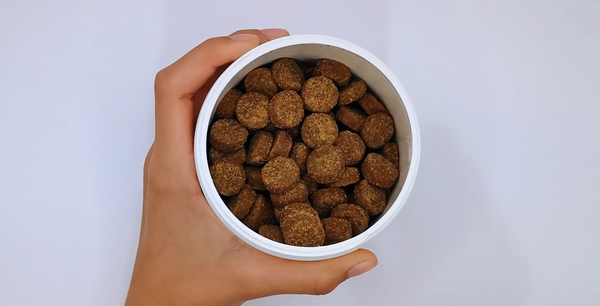
Canine Dental Care: Brushing Up on Your Dog’s Oral Health
As dog owners, we adore our furry companions—their wagging tails, playful antics, and unwavering loyalty. But amidst all the cuddles and fetch games, there’s one aspect of their well-being that often goes unnoticed: their oral health. Just like humans, dogs need proper dental care to lead healthy lives. In this blog post, we’ll explore the importance of canine dental hygiene and practical tips to keep those pearly whites shining.
The Hidden Dangers of Neglected Teeth
Imagine if you never brushed your teeth or visited the dentist. Over time, plaque and tartar would accumulate, leading to gum disease, bad breath, and even tooth loss. Dogs face similar risks, but they can’t grab a toothbrush and floss themselves. Here’s why dental care matters:
-
Plaque and Tartar Buildup: When food particles mix with saliva, they form a sticky film called plaque. If not removed, plaque hardens into tartar, which irritates gums and causes inflammation.
-
Gingivitis: Gingivitis is the earliest stage of gum disease. Signs include red, swollen gums and bleeding during brushing. Left untreated, it progresses to periodontitis, which damages the tooth-supporting structures.
-
Halitosis (Bad Breath): Foul breath isn’t just unpleasant; it’s often a sign of dental issues. Bacteria thrive in the mouth, releasing sulfur compounds that create that distinctive odor.
-
Tooth Decay: Dogs can get cavities too! Decay weakens teeth, leading to pain and difficulty eating.
Practical Tips for Canine Dental Care
Now that we understand the risks, let’s dive into actionable steps to maintain your dog’s oral health:
-
Regular Brushing: Invest in a dog-specific toothbrush and toothpaste (never use human products). Aim for daily brushing, but even a few times a week can make a difference. Be patient and gentle—start slow and reward your pup.
-
Chew Toys and Dental Treats: Chew toys and treats designed for dental health help remove plaque and massage gums. Look for products approved by veterinary associations.
-
Professional Cleanings: Schedule regular dental check-ups with your vet. They’ll assess your dog’s teeth, perform cleanings, and address any issues.
-
Diet Matters: Opt for high-quality dog food that promotes oral health. Some brands include ingredients that reduce plaque buildup.
-
Avoid Human Food: Certain human foods (like chocolate, grapes, and onions) are toxic to dogs and can harm their teeth. Stick to dog-safe treats.
-
Monitor Signs: Keep an eye out for signs of dental problems—bad breath, swollen gums, drooling, or reluctance to eat. Early intervention is crucial.
DIY Fresh Breath Recipe
Want to give your dog minty-fresh breath? Try this homemade breath-freshening solution:
- Mix 1 cup of plain yogurt, 1 tablespoon of chopped parsley, and a pinch of turmeric.
- Serve a small amount daily as a treat. Parsley helps combat bad breath, and turmeric has anti-inflammatory properties.
Remember, your dog’s oral health impacts their overall well-being. So, next time you cuddle up with your canine companion, take a peek at those teeth. A little care today ensures a lifetime of happy smiles! 🐶❤️
Disclaimer: This blog post is for informational purposes only. Always consult your veterinarian for personalized advice.

